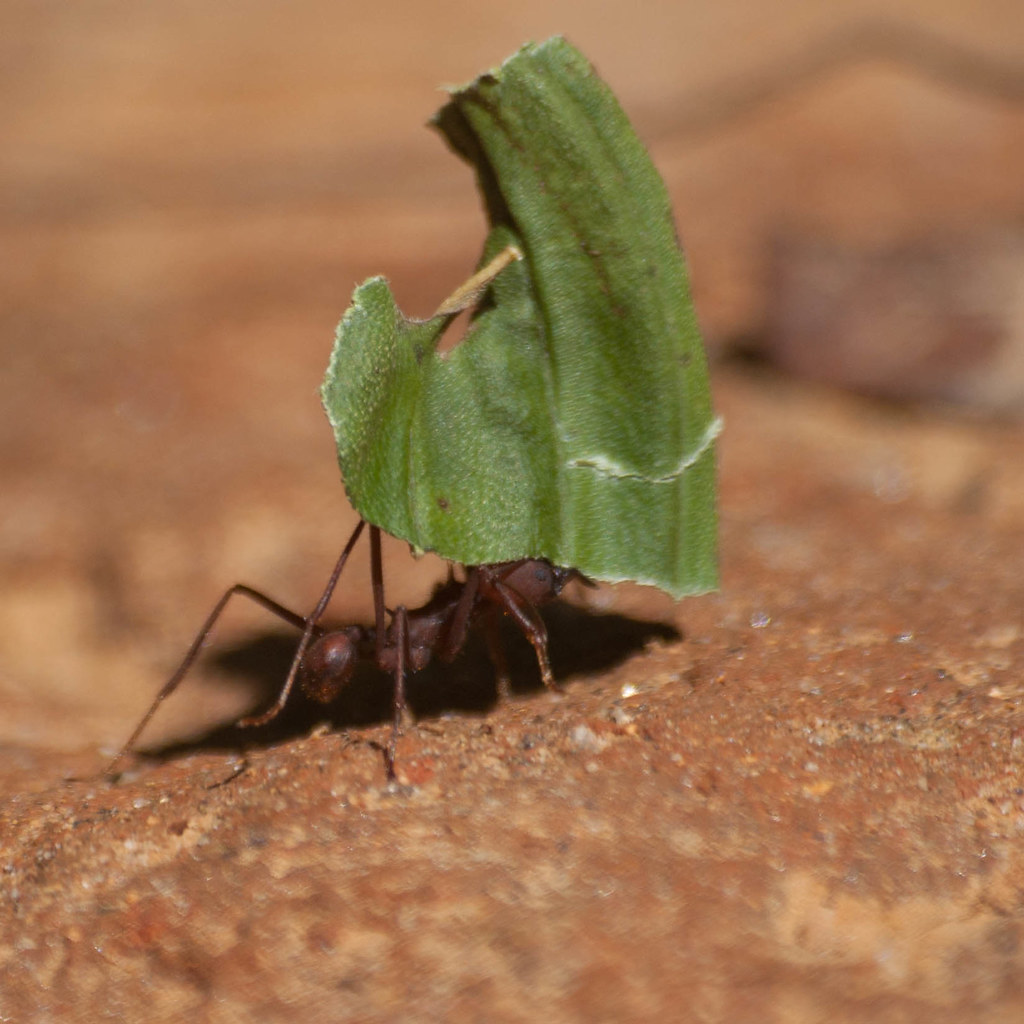“The absurdity of just one earth species deciding the rules about which other species deserve basic rights. Is this that different from white “experts” measuring the skull sizes of people of color to determine their place in society?”
~Paul Cienfuegos, CRUS Founding Director, commenting on the following story
UK government proposals to recognize vertebrates as sentient beings are welcome, but this should be just the start.
Opinion published in The Guardian on Sun 16 May 2021 08.13 EDT by Jonathan Birch.
Look a dog in the eye and a conscious being looks back. A being that feels hunger, thirst, warmth, cold, fear, comfort, pleasure, pain, joy. No one can seriously doubt this. The same is true of any mammal. You cannot watch rats playing hide and seek and doubt that they have feelings – that they are sentient creatures. But as animals become more distant from us in evolutionary terms, some doubt begins to creep in.
Consider a bee sneaking past the guards of a rival colony to steal honey. Or the Brazilian ants that, in order to hide their nest at the end of each day, seal off the entrance from the outside. Left out in the cold at night, these ants will never see the morning, but their sacrifice increases the chance that their sisters will. The urge to attribute feelings to insects can be surprisingly strong.
But then we think: wait, can we really talk like this? An insect’s brain is organised completely differently from a mammal’s. It is also much smaller (a bee has about 1m neurons, compared with our 100bn). Could insects be robot-like evolved machines with absolutely no experience or feeling? Or are we underestimating what a small brain can do?
New laws to impose some consistency in this area have been needed for a while. So the animal welfare (sentience) bill, introduced to parliament on Thursday, is a welcome development, as is the creation of an animal sentience committee. The bill includes vertebrates by default, but explicitly allows invertebrates to be added through statutory instruments. I can see the rationale for such an approach in an area where the science is moving quickly.
For instance, on the question of insect sentience, scientists are divided, partly because there has been no serious attempt to look for sentience in insects. The science at present is too uncertain to allow us to be confident one way or the other. I think that situation will change: one goal of my Foundations of Animal Sentience project is to address this
If the evidence does point towards sentience being widespread among invertebrates, what then? Would we end up with absurd laws banning us from stepping on insects? No. Laws are limited by what is enforceable and reasonable. But think about insect farming, which currently falls outside the scope of animal welfare laws. Should it really be completely unregulated, or would some welfare regulations make sense? The question deserves careful thought….
Read the full article HERE.
Photo credit: “Brazilian ant carrying a big piece of leaf” by Guill@me is licensed under CC BY-NC-ND 2.0

